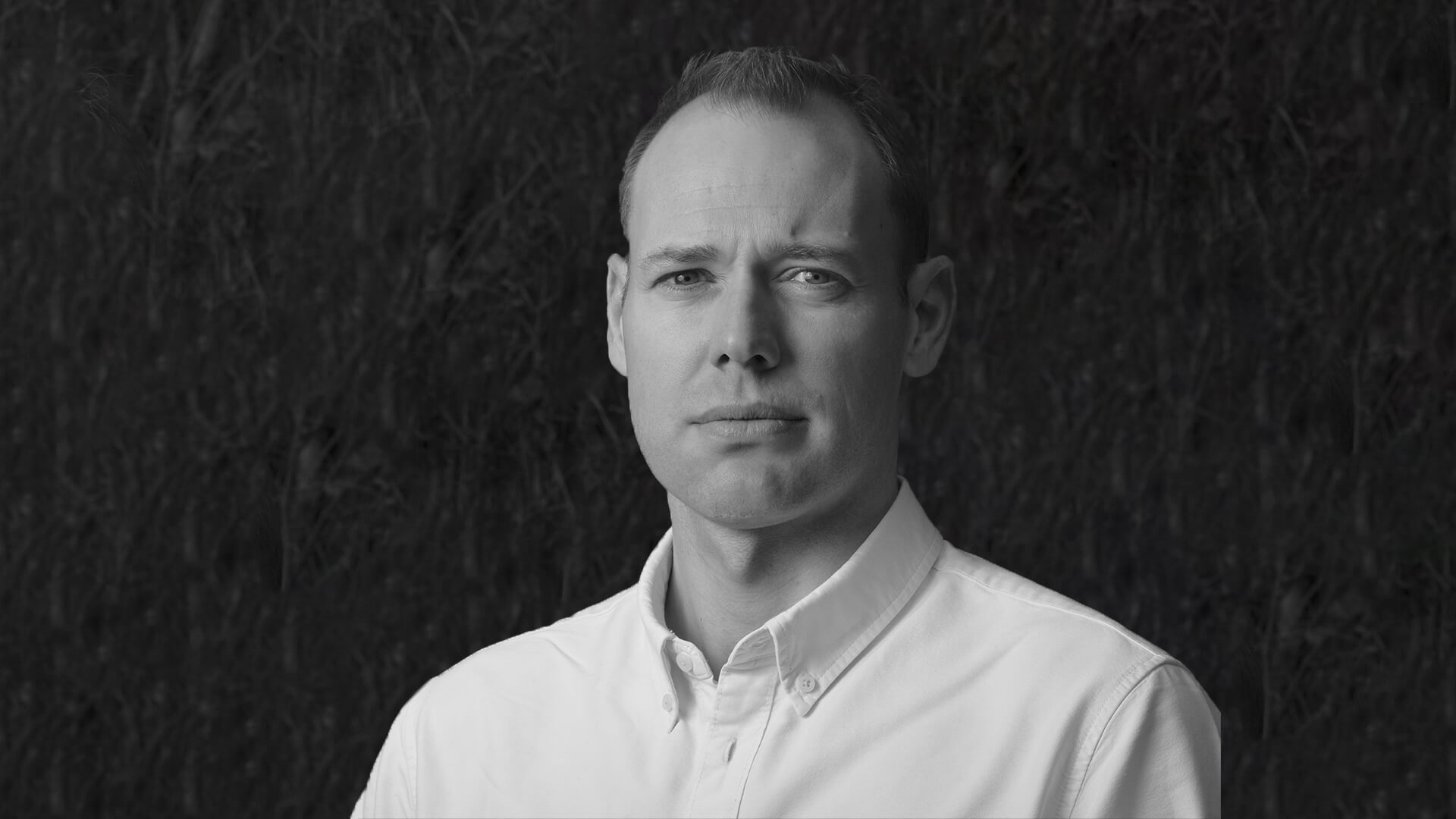
The biggest brand gambles of all time and what can we learn from them
Much of business, and in particular growth, is about the management of risk. In any industry the ability to understand a potential return on any investment (be it time, money or people) and act on it is crucial.
Whilst in the past it has been possible to take better risks by, in the words of Aristotle Onassis, “knowing what no one else knows”, we now live in a world with almost ubiquitous and ever lower cost information. This means that increasingly the only real way to outdo competitors is not by knowing more, but by doing more.
At a recent event with global brand marketers and senior managers an interesting debate started centred on incrementalism vs creativity – when trying to improve performance and grow a business, is it better to do more of the same or do something totally different? This boils down to a question of risk. In marketing, the work everyone admires, was the work which had the most impact, which was the most challenging and creative. Under Charter House rules, it was fascinating to listen to the utter agreement that creativity and taking a risk was the thing to do when facing tough growth targets, and simultaneously how few felt they were doing it.
The problem is that risk and reward have a somewhat stubbornly linear relationship – it is very difficult to (legally or morally) get one without the other. Sadly, success is often a question of simple maths (with a little luck thrown in) – odds x investment/size of bet x the other players. It is not a popular thing to say but growth requires a degree of gambling – playing to win means being prepared to fail.
So what can we learn from those who have played the game and won (or lost?!)
Nike – Colin Kaepernick
This campaign cleaned up at this year’s Cannes Lions International Festival of Creativity and rightly so, but it started three years ago in 2016. Colin Kaepernick took a knee during an NFL game to make a statement around racial injustice and police brutality. In the months that followed controversy exploded around him and the movement. In the US it touched more than a couple of nerves – bringing together in one act, as it did, a combination of racism, police brutality, the right for free speech, respect for veterans and the US flag and what it really means to be American.
Kaepernick had been a Nike athlete for a few years but was unsigned at the time. Nike had no need to step in, but they decided to take a stand. The downside was clear – the USA is about 50% of Nike’s business globally, the topic was emotive to say the least. This was a topic around which all would have a view. Not only did Nike back Kaepernick, but they subsequently made him a central figure to a multi-million-dollar campaign.
There was an explosion of reaction – Nike saw 1000% increase of activity on social media platforms. Interestingly, on balance the net sentiment was actually slightly negative (with much coverage given to some consumers setting fire to their Nike shoes in disgust). A failed gamble? Not quite – Nike knows their target and they know who they wanted to connect with. One comment on Twitter summed it up “do Nike really care if they piss off some old white guys, who want to set fire to their shoes”. Critically sales and stock prices rose sharply and continue to do so. Nike’s standing with urban and younger consumers rocketed. Not content with taking a stand and making a Kaepernick a central figure in their advertising, they now have a collaboration range with the athlete.
They understood their real consumer, they were prepared to polarise, the execution was simple and effective with heavy investment…triggering step change results. All in stark contrast to Pepsi’s farcical efforts with Kendall Jenner.
Dove – Real Beauty
A Unilever exec once told me that “the beauty industry has been successful because it makes women feel inadequate and bad about themselves”. Unilever-owned, Dove’s “Real Beauty” campaign changed that and has run around the world since 2004.
It was utterly different and ahead of its time. Marketing legend has it that the team behind it used film footage of board members’ wives and daughters talking about how they really felt about their looks and the beauty industry, to land the idea. A personal gamble for the team involved but the business got behind the ideas and over a decade the business nearly tripled in size and raised the topic of real beauty and self-esteem in culture. The size of the gamble should not be underestimated. Fifteen years on and “unretouched” covers of celebrities are still a rare and celebrated sight (e.g. Serena Williams’ cover of Harper’s Bazaar, August 2019).
They understood their consumers and what mattered to them and went big and brave and are still pushing – now running a self-esteem project for younger women and girls. All this from a soap brand who historically had been differentiated based on its moisturising product formulation.
New Coke
This is one from the history books but one which still gets quoted (weirdly often by teams who were not even born when it happened). In 1985, facing slowing sales, Coke reformulated and relaunched their core variant. The result was outrage and a spectacular consumer backlash and the old formula being reintroduced pretty quickly as “Classic Coke”.. For many it is still “held up as the bad idea by which all other bad ideas are measured”.
It is used as the go-to evidence for those looking not to take the gamble, of those incrementalists who want to push on doing more of the same (but a bit better), the ‘same as last year give or take’ teams.
What is interesting is what happened behind the scenes. Coke was not going to mess with the jewel in the crown unless they had to – big companies don’t work like that. The “classic” / “old” version was not doing well and the reaction to the new liquid was actually pretty favourable and whilst there were a small number of consumers who were very anti the idea, overall it looked “safe”.
Project Kansas, as it was called, missed one thing and that was how people felt about the brand. The best brands connect emotionally as well as performing a function for us. The reformulation of the liquid missed the bigger point. Coke means something in American culture. Perhaps the Coke team underestimated that? US culture was undergoing huge change in 1980s – yuppies, Reaganomics, the cold war, AIDS, the arrival of MTV all seeming to ask what being American meant and would mean in the future. It can be argued that much of the reaction to Coke’s change, was a reaction to bigger changes. It wasn’t just messing with a fizzy drink’s recipe but with a misty eyed version of Americana. Perhaps it is no wonder that large chunks of the country reacted against the “new version” with such visceral anger. Arguably Coke had the right cards but played them wrong. They misunderstood the true nature of brands and what their brand meant to consumers.
British Airways – To Fly to Serve
Our expectations of service and what luxury means have changed considerably over the last 10-15 years. We expect more from brands and our experiences and we look for the little touches. In the face of strong competition and M&A work, British Airways has spent the last decade reducing costs. In this context they took the big brand gamble of changing their strapline from “the world’s favourite airline” to “to fly to serve”. Cynics might say that this was forced on them by it being untrue – BA was recently ranked by travellers as the third worst long haul carrier in the world. The brand has relied precariously on its scale. Incrementalism adds up – having to pay for food, less room/more seats, old shabby interiors and staff issues (a killer in a service business). The result means asking consumers to pay more for less.
This a massive brand gamble even though it probably doesn’t feel like one at BA HQ. They have confused marketing (what they say) and brand (what they do). Consumers are just too savvy to think that a new strapline and comedy safety video is enough. Brands are the sum of all the little things – rolling it in glitter is a big risk.
So what can we conclude? As ex pro gambler, Caspar Berry, says “every decision is an investment decision”. So, if you want to grow, you are going to have to take a chance. If you are going to play, it pays to know the rules (don’t be scared to take a stand for something, to polarise), know the players (especially your consumers – what they really value and think) and if you want big returns you have to play big money or big odds or both. The best brand and brand owners understand this…the rest continue to do what they’ve always done or do nothing, opening up themselves up for disruption. So the question is, in your business, is the bigger gamble to do nothing, play the incremental game or go big?
Nick Pye is co-author of ‘Stretchonomics – the art and science of success’ and co-founder of innovation and growth agency, Mangrove.



















